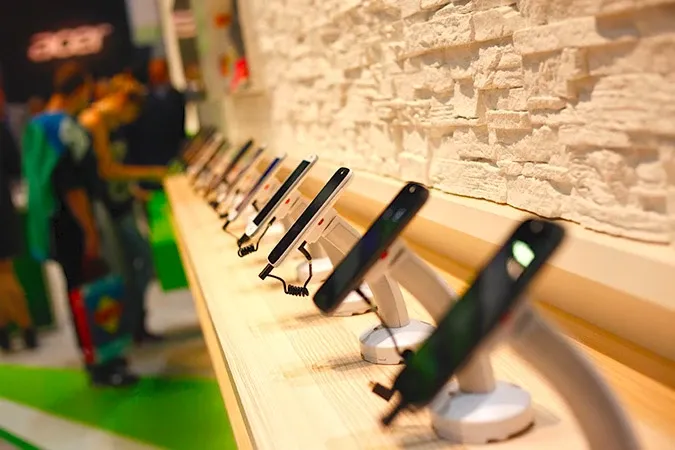Global EV Transition at Crossroads
The global electric vehicles market is entering a phase of divergence, fragmenting the global electrification transition, according to Counterpoint Research.

In the second quarter of 2021, global smartphone shipments reached 316.0 million units, representing a 9% drop against the previous quarter, according to Canalys. Major brands struggled to secure key components to produce devices to meet demand.
Samsung was the leading vendor with 58.0 million units at 8% year on year growth. Xiaomi took second place for the first time ever, with 52.8 million units at 83% growth. Apple placed third, with 1% growth to 45.7 million units, while Oppo and Vivo placed fourth and fifth with 32.6 million and 31.2 million units respectively. Apple saw blockbuster revenue growth for iPhone, despite a unit total which increased only 1%.
“The big difference here is the mix of iPhones selling,“ said Canalys Research Analyst Le Xuan Chiew. “Apple launched the low-cost iPhone SE in April 2020, which accounted for 28% of its mix at that time. This year, with no new iPhone SE, its average selling price increased drastically. In addition, its iPhone 12 mini is underperforming against channel expectations despite wholesale discounting, and the iPhone 12 Pro models have become a particularly high mix, at 37%. For comparison, last year, the iPhone 11 Pro models accounted for 17% of iPhones. Apple, like all brands, will run into component headwinds in H2 2021. But its scale has significant weight with supply chain partners, and it will not suffer to the same extent as smaller rivals. It also has hardware margin to play with, should it choose to absorb the cost of component price rises, where some of its rivals may be forced to tweak pricing to maintain profitability.“
“In some regions, channel inventory of smartphones is running dangerously low,“ said Canalys Research Manager, Ben Stanton. “The major brands are already practicing regional and channel prioritization to make the most of their limited supplies. And as a result, huge internal conflicts have emerged, as regional managers try to secure allocation. Furthermore, many vendors have now also removed sales incentives for a region to overachieve on its targets, to avoid supplies becoming overstretched. Going forward though, as supply constraints ease in 2022, the market is set to explode into life. A war has already started, with brands pouring substantial sums of money into showpiece marketing in international markets. Vivo and Oppo have been at the forefront of this drive, purchasing lucrative sponsorships with the likes of the Indian Premier League, the World Cup, Wimbledon and FC Barcelona.“